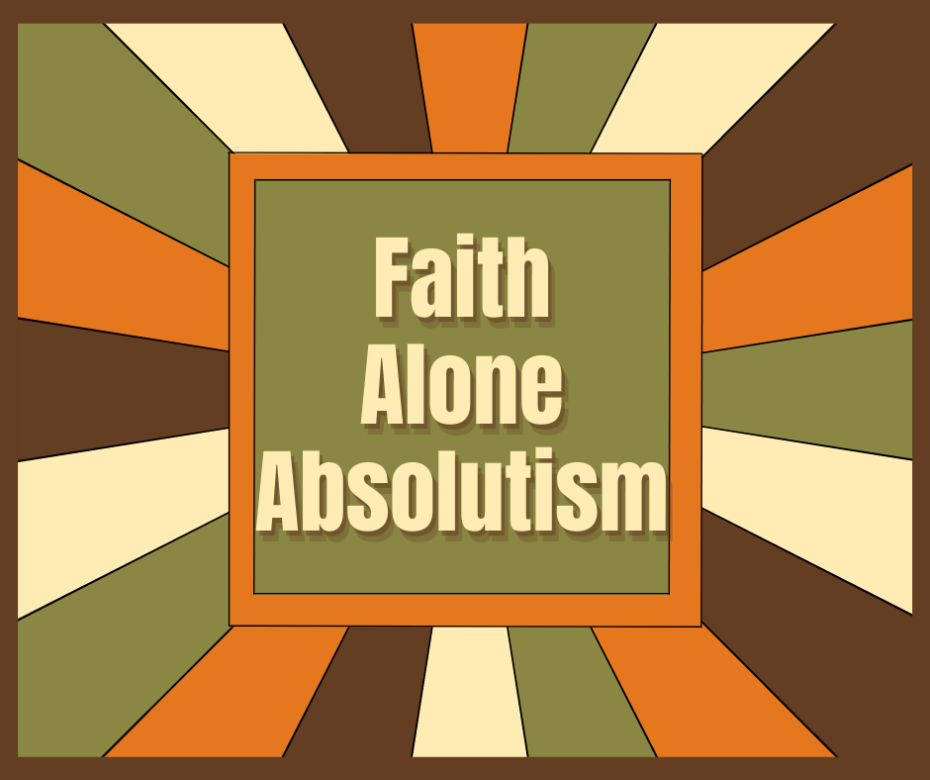Elon Musk, the founder of Tesla, recently offered to buy Twitter, setting off a storm of controversy.
The underlying issue was over free speech.
Musk said he was concerned that Twitter, which has become a “de facto town square,” was not an arena for free speech but should be. For example, Twitter infamously suspended President Trump’s account, which cut off his primary way of speaking directly to his supporters. Many others have received similar censure for speaking out on a range of controversial issues. Given that kind of suppression, Musk wanted to buy Twitter to make it a free speech platform. “I think it’s very important for there to be an inclusive arena for free speech.”
In response, Musk’s opponents expressed fears about free speech. Critics argued that speech needs to be regulated and restricted due to bullying, trolling, and the spread of misinformation, among other things. Without any sense of irony, one commentator said, “Free speech does not mean you can say anything you want.”
Others have pointed out that the regulations and restrictions always assume a left-wing standard. They strongly disagree that liberals should be the gatekeepers of acceptable public opinion.
As I read the back-and-forth responses, something became clear: most people do not believe in free speech. Instead, they believe in restricted speech, but disagree on who should do the restricting and by what standards. Both sides have redefined “free speech” to mean the very opposite of what the words say.
And that reminded me of Evangelical debates about salvation.
Many Evangelicals claim they believe in “salvation by faith apart from works,” but then make numerous qualifications on what counts as faith. It becomes obvious that they believe in salvation by faith plus works, not apart from them. So how can they still claim to believe in “faith alone”? Because, as is the case with “free speech,” that term has come to mean the opposite of what the words literally convey.
So here’s another way of explaining Free Grace theology in a nutshell. Elon Musk called himself a “free speech absolutist.” Maybe we can say that believing in Free Grace theology means being a “salvation by faith, apart from works” absolutist.


